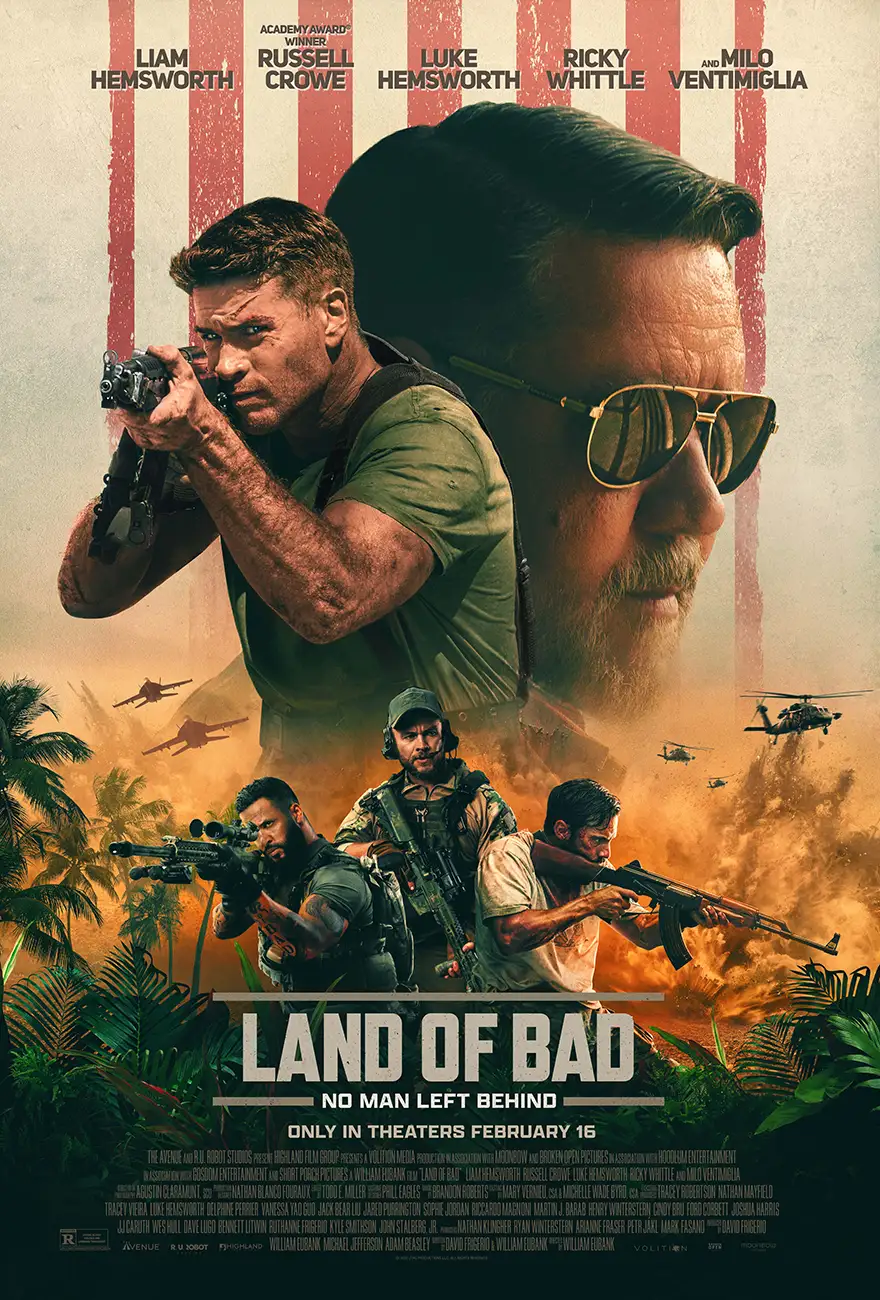Oscar-nominated director Mathew Heineman takes us through the life of Latin superstar J Balvín, in the docufilm “The Boy from Medellin.”
Over a week, cameras follow Balvín as he prepares for the biggest concert of his life, in his home town of Medellín. When Balvín arrives in Colombia, however, he is met with civil unrest, as a social and political battle between citizens and the Government breaks out.
During the end of November of 2019, Colombia saw massive strikes nationwide against the right-winged government of President Ivan Duque. Indigenous groups, pensioners and students took to the streets to demanded higher wages, job stability, more funding for public education and a better healthcare system.
With every day that went by, protests became more extreme, causing streets to shut down, curfew imposures and postponing concerts and events.
As the protests intensify, the people of Colombia expected “El Niño de Medellin” to speak up and stand with them, just as they had stood alongside him for so long. However, Balvín is very reluctant, and people are quick to confront his lack of involvement, throwing heavy backlash his way.
The film is timely as it comes during a period of rallies and protests worldwide. A time that has turned artists and influencers into advocators and defenders. A new responsibility assigned to platform holders to rise to the occasion and remain vocal. Today, instead of turning to political figures and people in power, citizens are turning to influencers to lead change.
Throughout the film, Balvín wants nothing more than to serve as an entertainer. He does not feel responsible for the political climate in Colombia, and the pressure of picking sides is overwhelming. In the film, Balvín says, “I never saw my name, J Balvín, on a ballot. And that doesn’t interest me at all. Our work is to entertain.”
A reoccurring theme in today’s society, as some argue that politics and entertainment should be kept separate. In early 2018, journalist Laura Ingrahm criticized basketball legend, LeBron James, for partaking in politics during an interview. “It’s always unwise to seek political advice from someone who gets paid $100 million a year to bounce a ball,” she said. “Keep the political commentary to yourselves, or as someone once said, ‘Shut up and dribble.'”
Although still warry, Balvín made his first public statement mourning the death of 18-year old Dilan Cruz, who became a symbol for protestors all over the country after being shot in the head with a tear gas canister.
Finally, manager Scooter Braun and Allison Kaye have a heart to heart with Balvín about his platform and his duty as not just an artist but a citizen. “Great artists are the ones that use their voice for other people. Are you going to be an artist who speaks for himself, or are you going to be an artist who risks themselves to speak for others?” said Braun.
Throughout the film, however, Balvín is very vocal about his depression and anxiety. Over the past 15-years of his career, he has struggled with his mental health. In the film, he talks about the lowest and darkest moments of his life, when he was contemplating suicide.
The beautifully shot film captures intimate moments as J Balvín winds down from superstar to private and relatable José. The week is full of anxiety and stress-filled moment. We see José fall in and out of panic time after time. From medication to meditation, we learn how he copes with challenging moments and tension.
It captures high stake moments before the show where Balvín becomes uneasy, irritated and nervous. Hours before the show include meditation sessions, hair sessions and costume changes.
The director captures Medellín’s culture and city stunningly with shots of mural-filled streets, alleys and city views as well as kind energetic and prideful people.
The Protestors are respected, and shown chanting courageously and walking the streets strong-willed and strong-hearted.
Finally, the concert is pieced into a colorful montage of high and low energy moments. From running backstage, introducing other artists, and a moment of silence for all the lives lost during the protests.
Additionally, Amazon Studios has picked up the worldwide rights to “The Boy From Medellín.”


